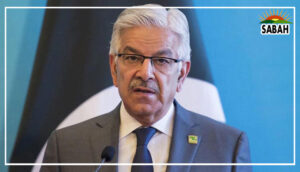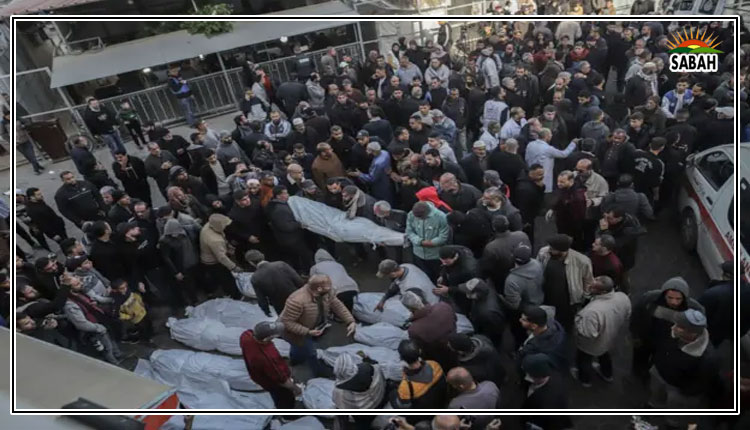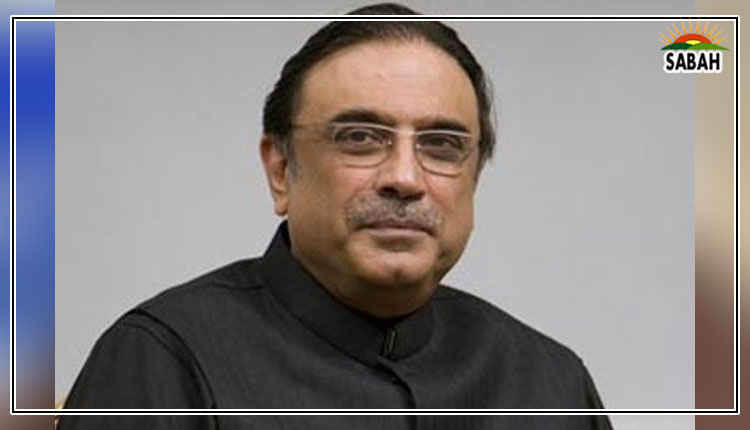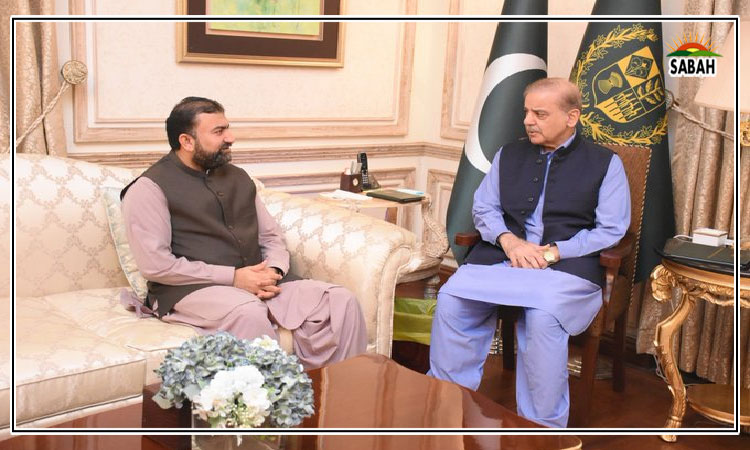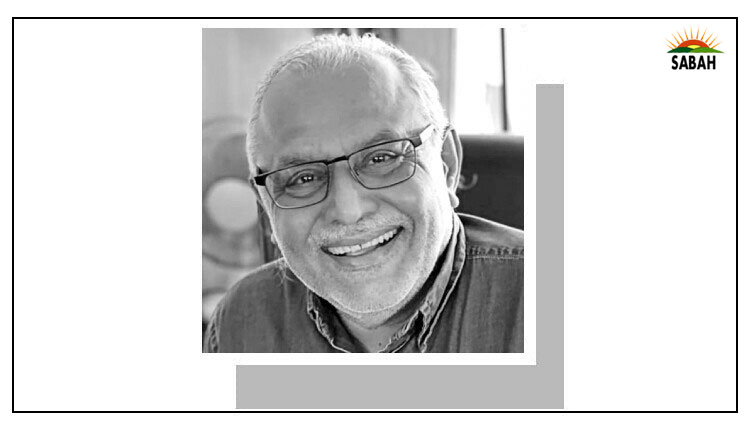A hope and a prayer…Abbas Nasir
WITH the Election Commission of Pakistan now saying that national elections could be held in January after the new delimitations even sooner, if the Supreme Court orders it to advance this date to fall within the maximum 90 days after the dissolution of the assemblies there seems to be a flickering light at the end of the tunnel.
Going by the performance of the caretakers, who had been given authority by the outgoing parliament that far exceeds what is routinely needed to oversee the electoral process and hand over power to elected representatives, one had hoped, rather foolishly, that at least in the economic sphere, some extraordinary policy decisions would be taken.
Among these would have been some decisions any elected government would find difficult to take, more so in Pakistan, where most elected administrations are as fragile as a dry leaf hanging from a tree. A short gust of wind and it gets blown away.
Let me list just a couple of expectations. After the country knocked on the door of the IMF to ask for a bailout which never comes without excruciatingly painful prescriptions, especially for the shirtless for a record 23rd time, one would have thought that the caretakers would take a serious look at trimming state subsidies and taxing the untaxed sectors.
These days, any optimism is more of a prayer than a realistic assessment.
Citing the Federal Bureau of Revenues Tax Expenditure Report 2023, experts say that the quantum of subsidies stands at Rs2.3 trillion. They also say that, based on the realistic assumption that real estate and retail are 30 per cent (or Rs25.5tr) of a GDP of Rs85tr, a single-digit tax of 8pc on these two sectors could generate approximately Rs2tr.
It does not take a mathematical genius to see that these taxes and subsidies total 5pc of the GDP. View the subsidies and tax from the sectors mentioned against the backdrop of the record total revenue collected in 2022 of a shade over Rs8tr, and youd see easily where the problem lies and how to address it.
This is not to suggest for a moment that all subsidies are undesirable, and therefore, should be scrapped; but a bulk of them are, as they only enrich a select few, lining their pockets to such an extent that the resultant comfort, a state of blissful smugness, means that there is very little innovation, and few efforts are made towards being more competitive.
The dividends of the elite capture of the economy may not be endless (and they arent, as I fear things are nearing implosion) but appear so to the beneficiaries, who cry blue murder at the slightest hint of a change in the subsidy or tax regime. All this while, the middle class and the poorest of the country are being squeezed till the last drop has been drained from them.
Defenders of the caretakers, if any are audacious enough to take on the task, would say they have been in the saddle for just over three weeks and unreal expectations are not fair. Agreed. But is it realistic for the IT and commerce ministers respectively to talk of targets such as $100 billion in IT exports and $80bn in other exports, without mentioning the time frame, when they are constitutionally restricted to holding office for a mere 90 days?
Where electricity rates hike, fuel prices spike, runaway inflation and the destructive cumulative impact of all these on the very meagre budgets of the middle class and lower socioeconomic tiers called for unprecedented, dramatic measures, the response from the prime minister and illustrious members of his cabinet has been marked by statements bereft of empathy.
In fact, the great patriot, the caretaker prime minister, who is said to have been middle class before finding good luck and fortune, seems to believe that the electricity rates protests are politicised, because there is no crisis in the country.
Given this Alice in Wonderland caretaker cabinet, the hopes of any radical restructuring of the economy with the tax net widened (as identified by the former Nadra chairman), and subsidies rationalised to narrow the resource gap, have vanished into thin air.
With the economic crisis showing little sign of easing, and with the political vacuum in the country again giving a boost to divisive, intolerant entities such as the TLP, your guess is as good as mine as to where we are heading.
All my life, I have striven to do responsible journalism, but I apologise if I disappoint the reader with little positive reporting these days. Having despised prophets of doom and gloom, I seem to be becoming one; such is the force of what one is witnessing.
These days, any optimism, like the one expressed here in the opening paragraph, is more a hope and a prayer rather than a realistic assessment. But despite there being so little light in so many lives in Pakistan these days, hope cant be abandoned, as that would spell the end. For oneself, at least, if nothing else.
So, one can be audacious enough to hope that whatever political engineering is happening currently ends to make way for fresh elections in the country. Let political parties and politicians go to the public with their manifestos and ideas and see who wins popular endorsement.
Pakistan has been subjected to not only the militarys authoritarianism more than once, but also toyed with civilian-led fascism. But it can be said with certainty that one folly of political engineering cant be corrected by more such engineering.
With the population touching 250 million in the 2023 census and two-thirds of that under 30 years of age, time is running out. The ambitions, the aspirations of Pakistanis are similar to what they are elsewhere. If this elite capture of the economy represents a bleak tomorrow to them, their wrath may not be containable.
Courtesy Dawn


